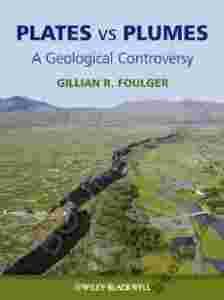PLATES VS PLUMES Gillian Foulger

Aukcja w czasie sprawdzania była zakończona.
Cena kup teraz: 420 zł
Użytkownik bookstreet
numer aukcji: 5169740092
Miejscowość Kalisz
Wyświetleń: 2
Koniec: 11-04-2015, 1:43
Dodatkowe informacje:
Stan: Nowy
Okładka: miękka
Kondycja: bez śladów używania
